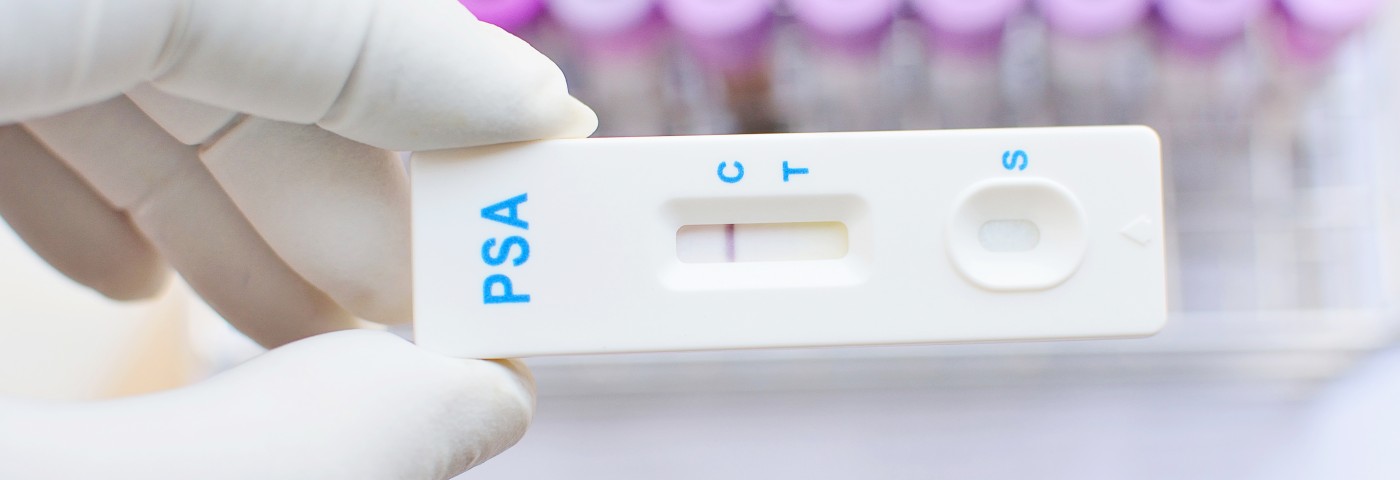The U.S. Food and Drug Administration (FDA) has granted breakthrough device designation to Cleveland Diagnostics’ IsoPSA, a minimally invasive blood test for early detection of prostate cancer.
The IsoPSA test works by identifying cancer-related structural changes in a key protein.
The breakthrough device designation is awarded to new medical technologies that may provide more effective treatment or diagnosis for life-threatening or debilitating diseases or conditions. It allows manufacturers to work more closely and frequently with the FDA, and grants prioritized review for subsequent submissions to speed up product development.
“We are very grateful that FDA recognizes the potential of IsoPSA, the first test in our pipeline of simple, affordable, and highly accurate cancer tests that focus on cancer-relevant changes to protein biomarkers in blood,” Arnon Chait, PhD, CEO of Cleveland Diagnostics, said in a press release.
“We look forward to working closely with FDA to expedite the appropriate approvals and get this important new test into the hands of physicians,” he added.
PSA is short for a protein named prostate-specific antigen. High levels can mean cancer, but other conditions — such as an enlarged (benign prostatic hyperplasia) or inflamed prostate — can produce elevated numbers as well. A PSA test measures the protein’s levels in a person’s blood.
Researchers note that PSA tests also can lead to the diagnosis and treatment of cancers that would never be life-threatening, such as benign cancers or tumors that grow extremely slowly.
Unlike standard PSA tests, which assess the blood concentration of this protein, the IsoPSA test detects cancer by identifying cancer-related structural changes in PSA.
Previous results from a study conducted at Cleveland Clinic showed that the IsoPSA test was more accurate in diagnosing prostate cancer than a conventional PSA test, reducing the need for unnecessary biopsies by more than 40%. These findings were in agreement with earlier studies by the same team.
“The clinical utility of PSA is limited by the relatively poor diagnostic accuracy and predictive value of the test,” said Mark Stovsky, chief medical officer at Cleveland Diagnostics and urologist at Cleveland Clinic.
“Clinicians today are using an array of diagnostic tests and procedures to inform decisions about a patient’s prostate health and the risk of prostate cancer. We believe that IsoPSA has the potential to fill a major void in this space,” Stovsky added.

